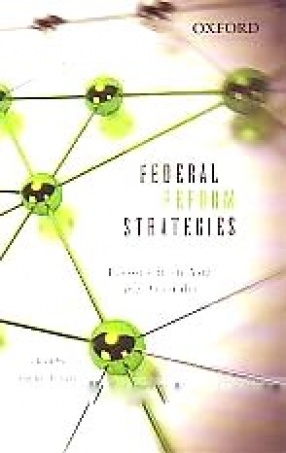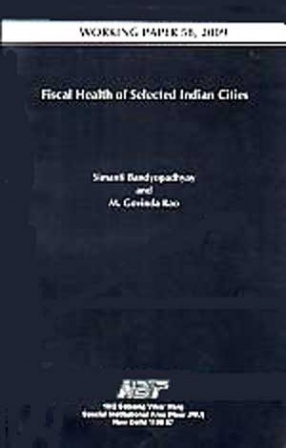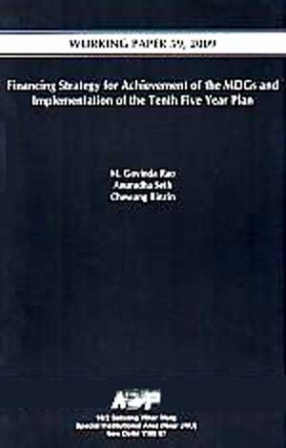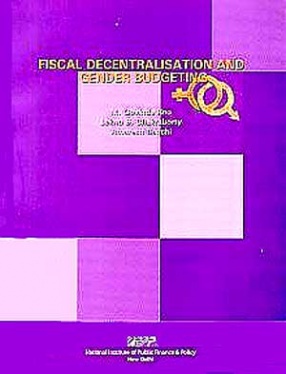Federal Reform Strategies: Lessons from Asia and Australia
In stock
For large countries, an agenda of integration, deregulation, and natural resource management reform typically cannot be fully pursued without the active participation of sub-national governments. Most of the literature about federalism and reform is about the reform of federalism, and focuses on intergovernmental finance. This volume is about reform through federalism. It explores federal reform strategies, that is, ways in which central governments can motivate, influence, and ensure coordination of sub-national policies. It covers such mechanisms as the imposition of conditions on earmarked funding from central to subnational governments, the provision of incentive funding awarded if certain reforms are undertaken, the development of cross-government agreements, and the centralization of power from the subnational level to the central government. By exploring a range of case studies, drawn mainly from India and Australia, but also covering Indonesia and China, including both successes and failures, this volume not only fills the existing gaps in the literature relating to federal reform strategies, but also builds a typology of strategies and draws some tentative lessons from experience.








There are no reviews yet.